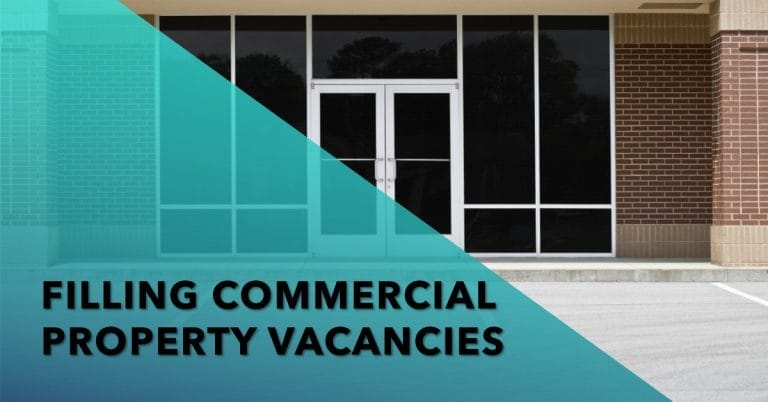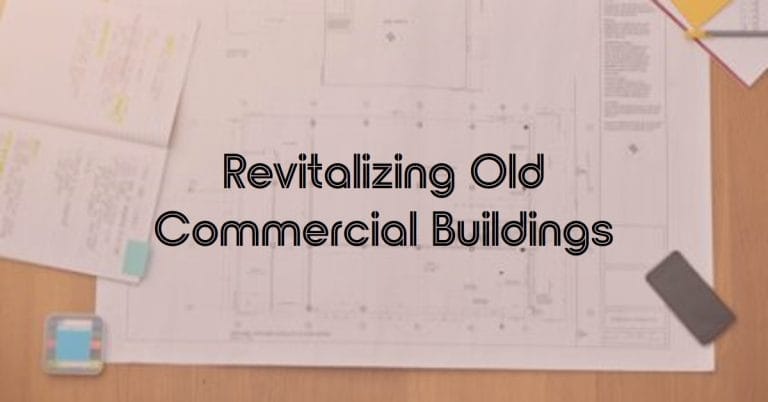Common Misconceptions About Commercial Purchase Cooling Off Periods
In the fast-paced world of commercial real estate, it is crucial to have a clear understanding of the cooling off period in purchase agreements. However, there are several common misconceptions that can lead to costly mistakes.
From believing that the cooling off period only applies to residential purchases to underestimating its duration and consequences, it is essential to debunk these myths. This article aims to provide a thorough analysis of the misconceptions surrounding commercial purchase cooling off periods, ensuring that professionals in the industry are well-informed and able to make sound decisions.
Cooling off Period Misconception: Only Applies to Residential Purchases
The misconception that cooling off periods only apply to residential purchases is widespread among individuals involved in commercial transactions. However, this belief is incorrect. In fact, commercial cooling off period regulations exist and should not be overlooked. These regulations provide protection to both buyers and sellers in commercial transactions, allowing them to reconsider their decision without facing any legal repercussions. Ignoring or not adhering to the cooling off period can have serious legal implications.
For buyers, it could mean being bound to a contract that they no longer wish to proceed with, potentially leading to financial losses. On the other hand, sellers may face legal action if they fail to honor the cooling off period and force a buyer into a transaction. Therefore, it is crucial for all parties involved in commercial purchases to understand and comply with the cooling off period regulations.
Transitioning into the subsequent section, it is important to address another misconception: the belief that commercial cooling off periods do not exist.
Misconception: Commercial Cooling off Period Doesn’t Exist
A common misconception among individuals involved in commercial transactions is the belief that there is no such thing as a commercial cooling off period. However, this misconception is incorrect. In fact, a commercial cooling off period does exist and it is important for all parties involved in a commercial purchase to understand its benefits and implications.
The commercial cooling off period provides buyers with a valuable opportunity to reconsider their decision and withdraw from the transaction without any financial or legal repercussions. This period allows buyers to thoroughly assess the property, conduct due diligence, and seek professional advice before committing to the purchase.
Understanding the commercial cooling off period is crucial as it provides buyers with a sense of security and peace of mind. It ensures that they have ample time to review contracts, negotiate terms, and make an informed decision. Additionally, it protects buyers from any potential risks or unforeseen circumstances that may arise after the purchase.
Now that we have debunked the misconception about the nonexistence of a commercial cooling off period, let’s explore another common misconception that relates to the duration of this cooling off period.
Misconception About Duration of the Cooling off Period
Contrary to common belief, the duration of the commercial cooling off period is not fixed and can vary depending on various factors. Many people mistakenly assume that the cooling off period has a standard duration across all commercial purchases. However, this is not the case.
The duration of the cooling off period can vary depending on the specific terms and conditions of the purchase agreement, as well as the jurisdiction in which the transaction takes place. This flexibility in duration allows for customization and adaptation to different circumstances.
The cooling off period is designed to provide benefits to both buyers and sellers. It gives buyers the opportunity to reconsider their purchase and withdraw from the agreement if necessary, while also giving sellers a chance to address any concerns or issues raised by the buyer.
Therefore, it is important for both parties to be aware of the specific duration of the cooling off period in their commercial purchase agreement.
Misconception: Cooling off Period Protects Buyers Only
Many individuals mistakenly assume that the cooling off period in commercial purchases solely benefits buyers, neglecting the protection it provides to sellers as well. This is a common misconception about the cooling off period in commercial transactions.
The cooling off period is a specified period of time after the purchase agreement is signed, during which the buyer has the option to cancel the transaction without any penalties. While it is true that the cooling off period primarily benefits buyers by giving them the opportunity to reconsider their decision and withdraw from the contract, it also offers protection to sellers.
The cooling off period allows sellers to have certainty in the transaction, knowing that the buyer cannot back out without consequences once the cooling off period has expired. It provides sellers with a level of security and prevents buyers from making impulsive decisions that they may later regret.
Therefore, it is important to acknowledge that the cooling off period benefits both buyers and sellers in commercial transactions.
Misconception: Cooling off Period Can Be Waived or Shortened
The cooling off period in commercial purchase transactions cannot be waived or shortened. This is a common misconception among buyers and sellers.
The cooling off period is a legal protection that allows buyers to reconsider their decision and withdraw from the purchase without penalty. It provides an opportunity for buyers to conduct further due diligence, such as obtaining financing or inspecting the property.
The purpose of the cooling off period is to ensure that buyers have enough time to make an informed decision and protect them from impulsive or regretful purchases. During the commercial purchase cooling off period, it’s essential to assess the property thoroughly to identify potential issues, including those that might require commercial repairs.
It is important to note that waiving or shortening the cooling off period is not allowed, as it undermines the purpose of this protection. Buyers should be aware of their rights and not succumb to pressure from sellers to bypass this important safeguard.
Misconception About the Consequences of Breaching the Cooling off Period
Buyers who mistakenly believe that breaching the cooling off period in commercial purchase transactions has no consequences may be surprised to learn otherwise.
Breaching the cooling off period can have serious legal implications and financial consequences.
When a buyer breaches the cooling off period, they may be held liable for damages to the seller, including potential lost profits.
In addition, the buyer may lose their deposit or face legal action from the seller.
It is important for buyers to understand that the cooling off period exists for a reason, to provide them with an opportunity to reconsider the purchase and seek professional advice if necessary.
Breaching this period can result in significant financial and legal repercussions, making it crucial for buyers to carefully adhere to the terms and conditions of the cooling off period to avoid these consequences.
Conclusion
In conclusion, it is important to debunk common misconceptions surrounding commercial purchase cooling off periods.
Contrary to popular belief, cooling off periods apply to both residential and commercial purchases.
Additionally, these periods cannot be waived or shortened, and breaching them can have serious consequences.
It is crucial for buyers to understand the duration and purpose of cooling off periods in order to make informed decisions and protect their interests in commercial transactions.



